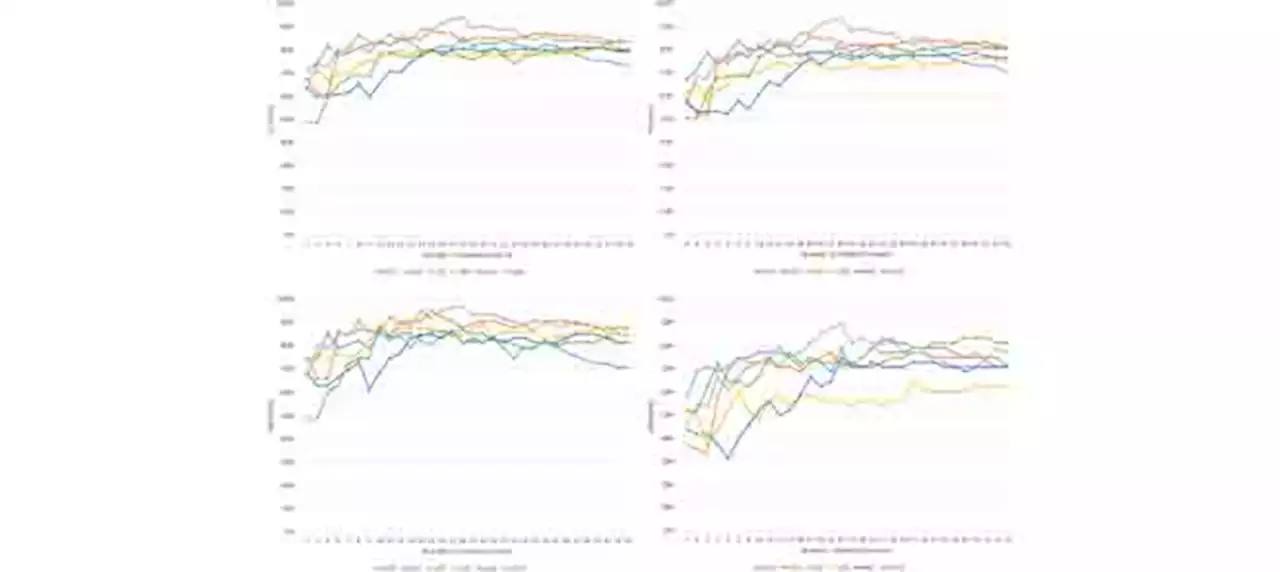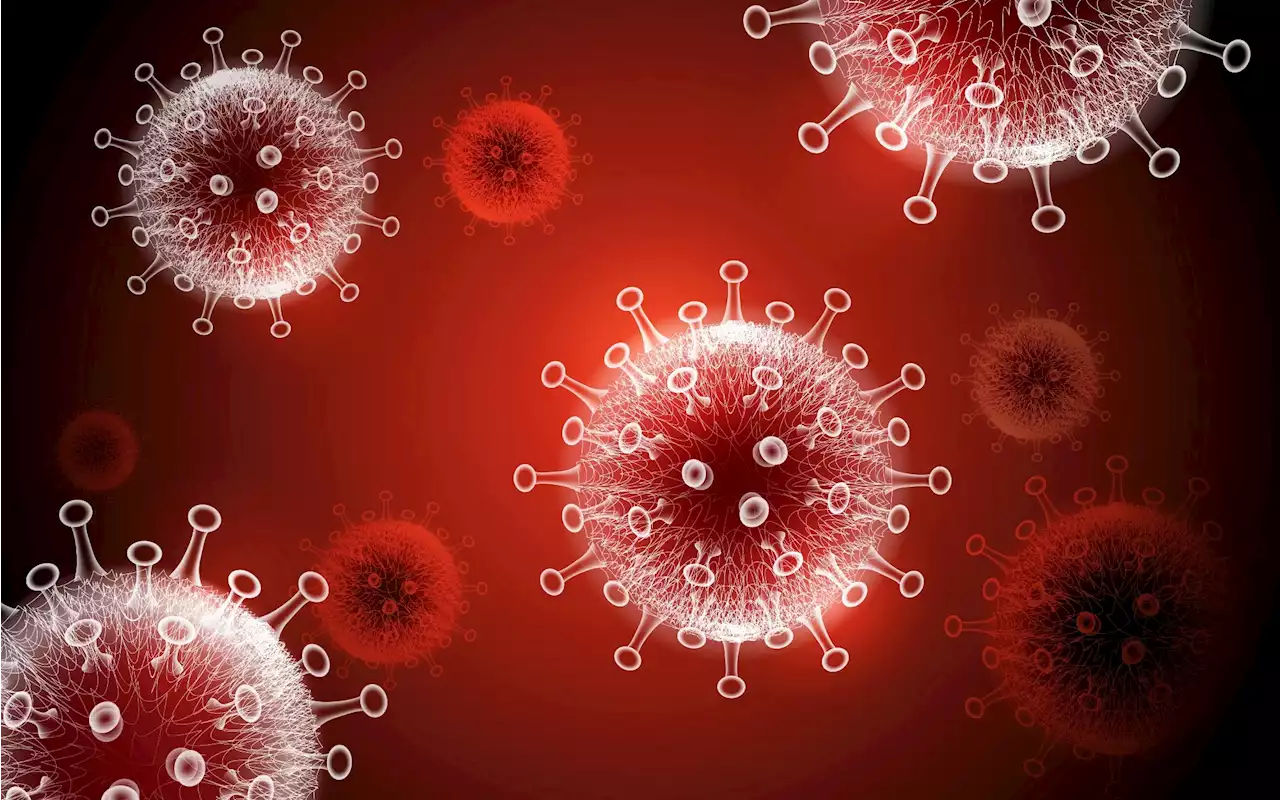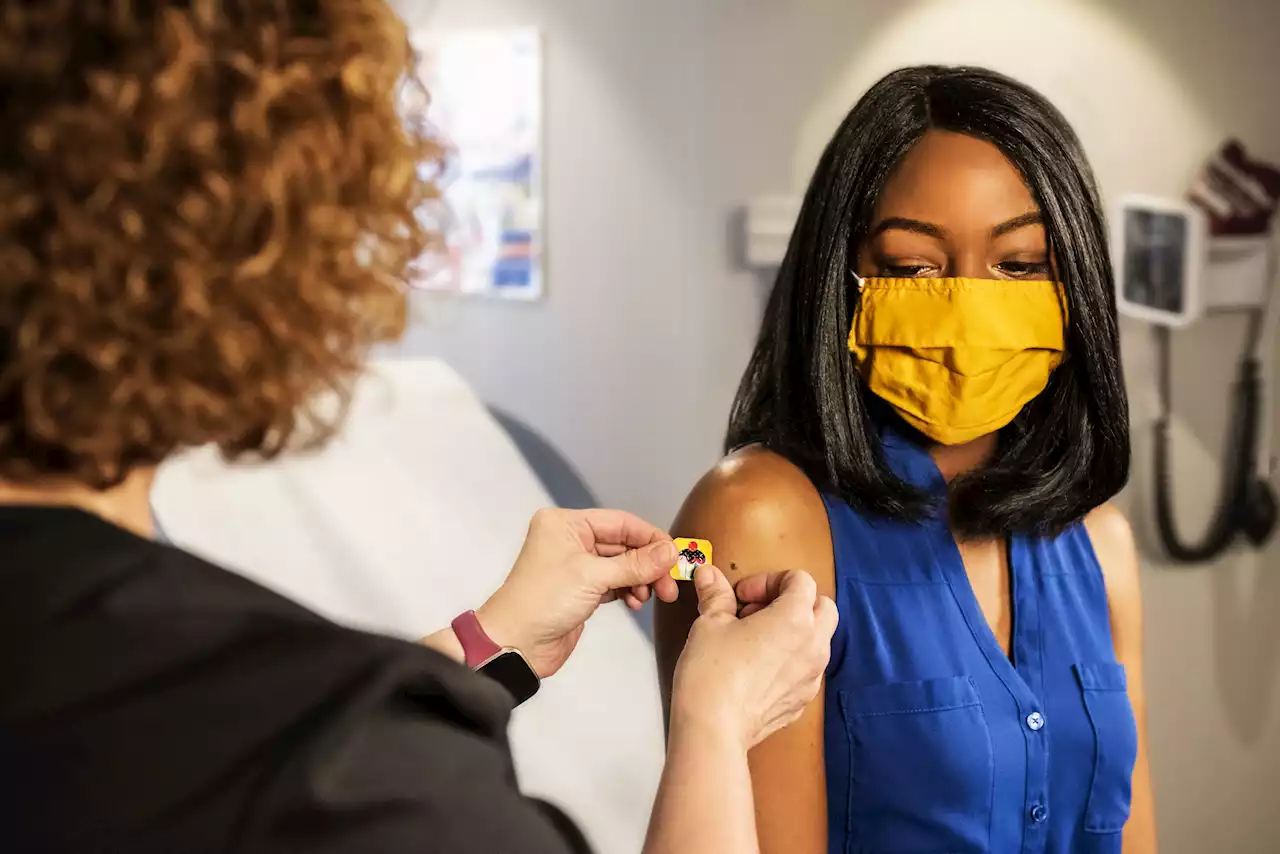COVID-19: Boosting with an mRNA vaccine offers better protection in people who received two doses of CoronaVac ISGLOBALorg NatureComms
. In fact, as of January 2022, they represent half of the doses administered worldwide."Knowing the effectiveness of boosters in populations that received inactivated virus vaccines is critical for guiding future vaccination strategies in these countries," says Otavio Ranzani, ISGlobal researcher and first author of the study.
"The strength of our observational study is the large sample size and geographical coverage, covering each one of the 5,570 Brazilian municipalities," says Julio Croda, researcher at Fiocruz and Yale School of Public Health, and senior co-author of the study. Results show that primary vaccination with two doses of the CoronaVac vaccine provided almost no protection against symptomatic disease by omicron, and 40-50% protection against severe disease. Boosting with CoronaVac conferred no additional protection against symptomatic disease, and moderate additional protection against severe disease . Furthermore, this protection seemed to wane over the following four months.
Brasil Últimas Notícias, Brasil Manchetes
Similar News:Você também pode ler notícias semelhantes a esta que coletamos de outras fontes de notícias.
 Voice Features of Sustained Phoneme as COVID-19 BiomarkerBackground: The COVID-19 pandemic has resulted in enormous costs to our society. Besides finding medicines to treat those infected by the virus, it is important to find effective and efficient strategies to prevent the spreading of the disease. One key factor to prevent transmission is to identify COVID-19 biomarkers that can be used to develop an efficient, accurate, noninvasive, and self-administered screening procedure. Several COVID-19 variants cause significant respiratory symptoms, and thus a voice signal may be a potential biomarker for COVID-19 infection. Aim: This study investigated the effectiveness of different phonemes and a range of voice features in differentiating people infected by COVID-19 with respiratory tract symptoms. Method: This cross-sectional, longitudinal study recorded six phonemes (i.e., /a/, /e/, /i/, /o/, /u/, and /m/) from 40 COVID-19 patients and 48 healthy subjects for 22 days. The signal features were obtained for the recordings, which were statistically analyzed and classified using Support Vector Machine (SVM). Results: The statistical analysis and SVM classification show that the voice features related to the vocal tract filtering (e.g., MFCC, VTL, and formants) and the stability of the respiratory muscles and lung volume (Intensity-SD) were the most sensitive to voice change due to COVID-19. The result also shows that the features extracted from the vowel /i/ during the first 3 days after admittance to the hospital were the most effective. The SVM classification accuracy with 18 ranked features extracted from /i/ was 93.5% (with F1 score of 94.3%). Conclusion: A measurable difference exists between the voices of people with COVID-19 and healthy people, and the phoneme /i/ shows the most pronounced difference. This supports the potential for using computerized voice analysis to detect the disease and consider it a biomarker.
Voice Features of Sustained Phoneme as COVID-19 BiomarkerBackground: The COVID-19 pandemic has resulted in enormous costs to our society. Besides finding medicines to treat those infected by the virus, it is important to find effective and efficient strategies to prevent the spreading of the disease. One key factor to prevent transmission is to identify COVID-19 biomarkers that can be used to develop an efficient, accurate, noninvasive, and self-administered screening procedure. Several COVID-19 variants cause significant respiratory symptoms, and thus a voice signal may be a potential biomarker for COVID-19 infection. Aim: This study investigated the effectiveness of different phonemes and a range of voice features in differentiating people infected by COVID-19 with respiratory tract symptoms. Method: This cross-sectional, longitudinal study recorded six phonemes (i.e., /a/, /e/, /i/, /o/, /u/, and /m/) from 40 COVID-19 patients and 48 healthy subjects for 22 days. The signal features were obtained for the recordings, which were statistically analyzed and classified using Support Vector Machine (SVM). Results: The statistical analysis and SVM classification show that the voice features related to the vocal tract filtering (e.g., MFCC, VTL, and formants) and the stability of the respiratory muscles and lung volume (Intensity-SD) were the most sensitive to voice change due to COVID-19. The result also shows that the features extracted from the vowel /i/ during the first 3 days after admittance to the hospital were the most effective. The SVM classification accuracy with 18 ranked features extracted from /i/ was 93.5% (with F1 score of 94.3%). Conclusion: A measurable difference exists between the voices of people with COVID-19 and healthy people, and the phoneme /i/ shows the most pronounced difference. This supports the potential for using computerized voice analysis to detect the disease and consider it a biomarker.
Consulte Mais informação »
 Multiomic comparison shows a reduction in circulating monocytes correlated with persistent post-COVID-19 pulmonary fibrosisIn a new study, researchers identified distinguishing immune features of coronavirus disease 2019 (COVID-19) in patients with late-resolving pulmonary fibrosis (LR COVID-PF) and early-resolving (ER COVID-PF).
Multiomic comparison shows a reduction in circulating monocytes correlated with persistent post-COVID-19 pulmonary fibrosisIn a new study, researchers identified distinguishing immune features of coronavirus disease 2019 (COVID-19) in patients with late-resolving pulmonary fibrosis (LR COVID-PF) and early-resolving (ER COVID-PF).
Consulte Mais informação »
 COVID immune reaction could affect brain mechanisms and induce neurological symptomsScientists analysed blood samples taken from a small group of patients who were admitted to a London hospital during the first wave of the pandemic.
COVID immune reaction could affect brain mechanisms and induce neurological symptomsScientists analysed blood samples taken from a small group of patients who were admitted to a London hospital during the first wave of the pandemic.
Consulte Mais informação »
 Covid: Welsh families get official status in UK-wide inquiryThe Welsh government rejected families' calls for a Wales-specific inquiry, as UK inquiry begins
Covid: Welsh families get official status in UK-wide inquiryThe Welsh government rejected families' calls for a Wales-specific inquiry, as UK inquiry begins
Consulte Mais informação »
 NHS Lancashire and South Cumbria delivers 100,000 COVID-19 autumn boostersPic: Pixabay More than 100,000 residents in Lancashire and South Cumbria have already come forward for their COVID-19 Autumn booster jab. The campa
NHS Lancashire and South Cumbria delivers 100,000 COVID-19 autumn boostersPic: Pixabay More than 100,000 residents in Lancashire and South Cumbria have already come forward for their COVID-19 Autumn booster jab. The campa
Consulte Mais informação »
